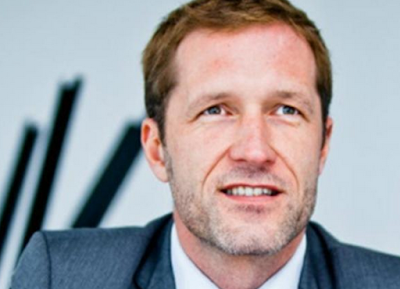Wallonia continues to block CETA - the Comprehensive Economic and Trade Agreement between the EU and Canada. On Sunday Belgium’s Wallonia region dealt a fresh blow to the proposed deal, rejecting a 24-hour "ultimatum" from the bloc to end its objection to the agreement. The Canadian trade minister, Chrystia Freeland, was on the verge of tears on Friday as she announced the “end and the failure” of talks with the Walloon government.
The Belgian region Wallonia, with abouth 3 million inhabitants, has been under pressure to accept the agreement, but has not given up its opposition to parts of the deal. The EU has now given Belgium’s federal government until late on Monday to secure backing for an EU-Canada trade deal from the region of Wallonia or a planned summit to sign the pact will be cancelled. But Paul Magnette, the leader of the Wallonia region, told the Belga news agency that an “ultimatum is not compatible with the exercise of democratic rights”. Magnette hit out at the EU, despite efforts by the bloc to provide reassurances to his government over investment protection – one of the major sticking points in negotiations between Brussels and Wallonia.
EurActiv has been talking to Belgian political science Professor Jean-Michel de Waele about the situation. The newspaper mentioned that there is work ongoing on an interpretative declaration which will be legally binding and asked if the professor think this could solve the issues.
I don’t think that short-cutting the democratic institutions of an EU country would be an acceptable solution for the Walloon government. It’s amazing that so many efforts are being deployed to overturn the decision of pro-European parties, because it’s clear that the Belgian Socialist Party and the Christian Democrat Party, a member of the EPP, of which the Walloon government is composed, are pro-European forces.The CETA agreement is important for the EU. The negotiations have been going on for seven years. Approval of the agreement will have an impact on theTtransatlantic Trade and Investment Partnership (TTIP) negotiations and probably on a Brexit agreement. But it is even more important that the EU works democratically. Short-cuts to solve politically difficult issues will undermine confidence in the EU democracy further, and strengthen resistance to the European integration.








